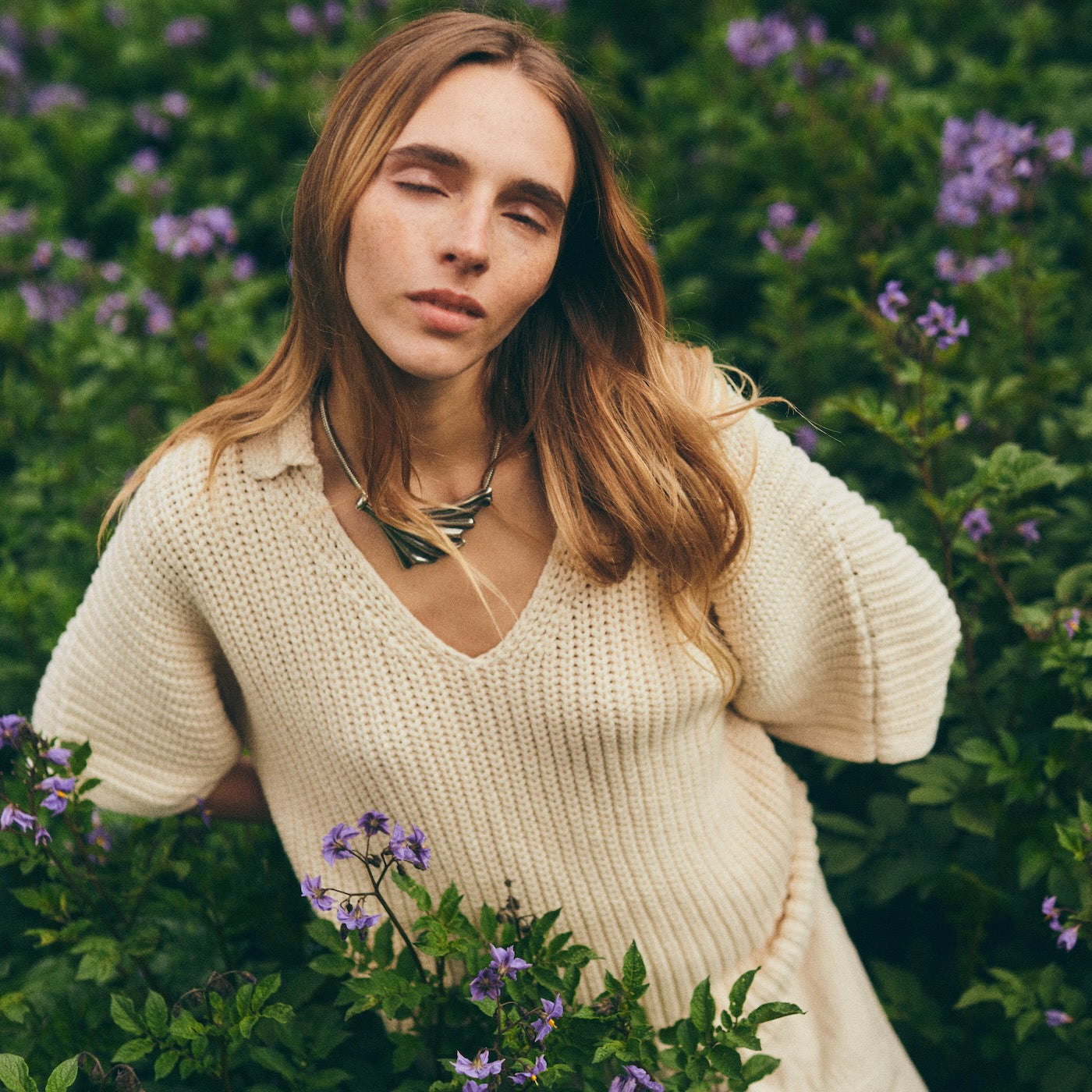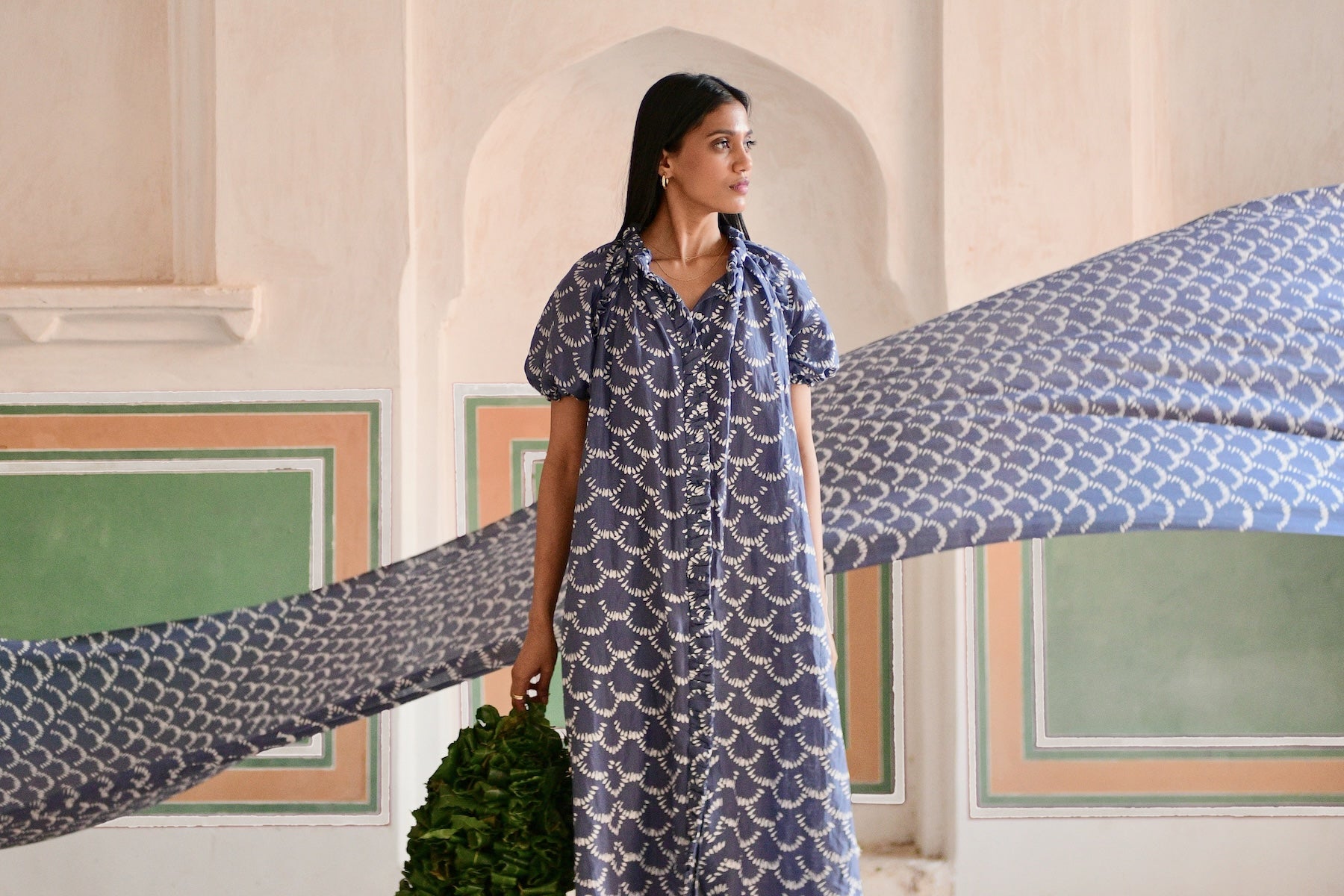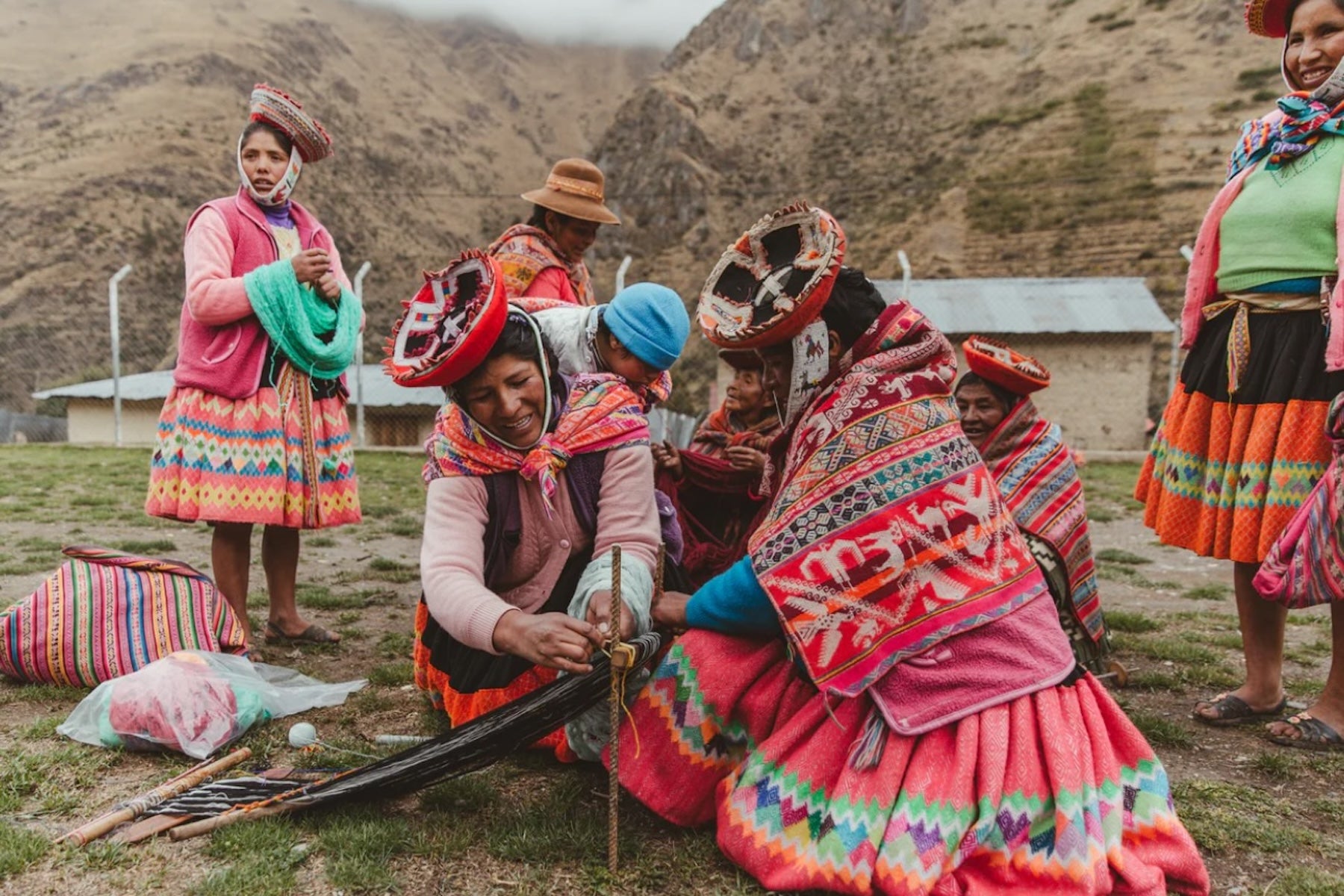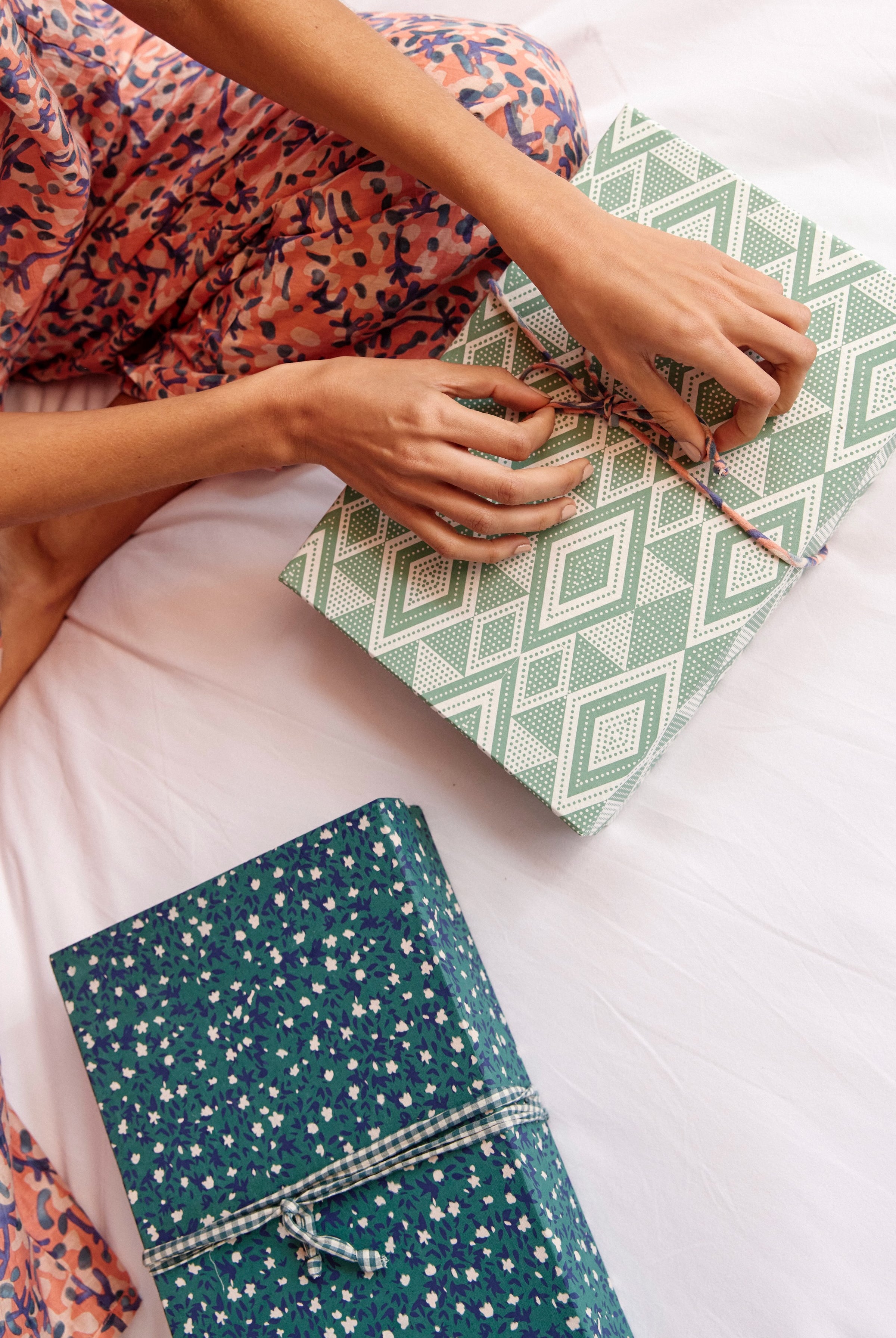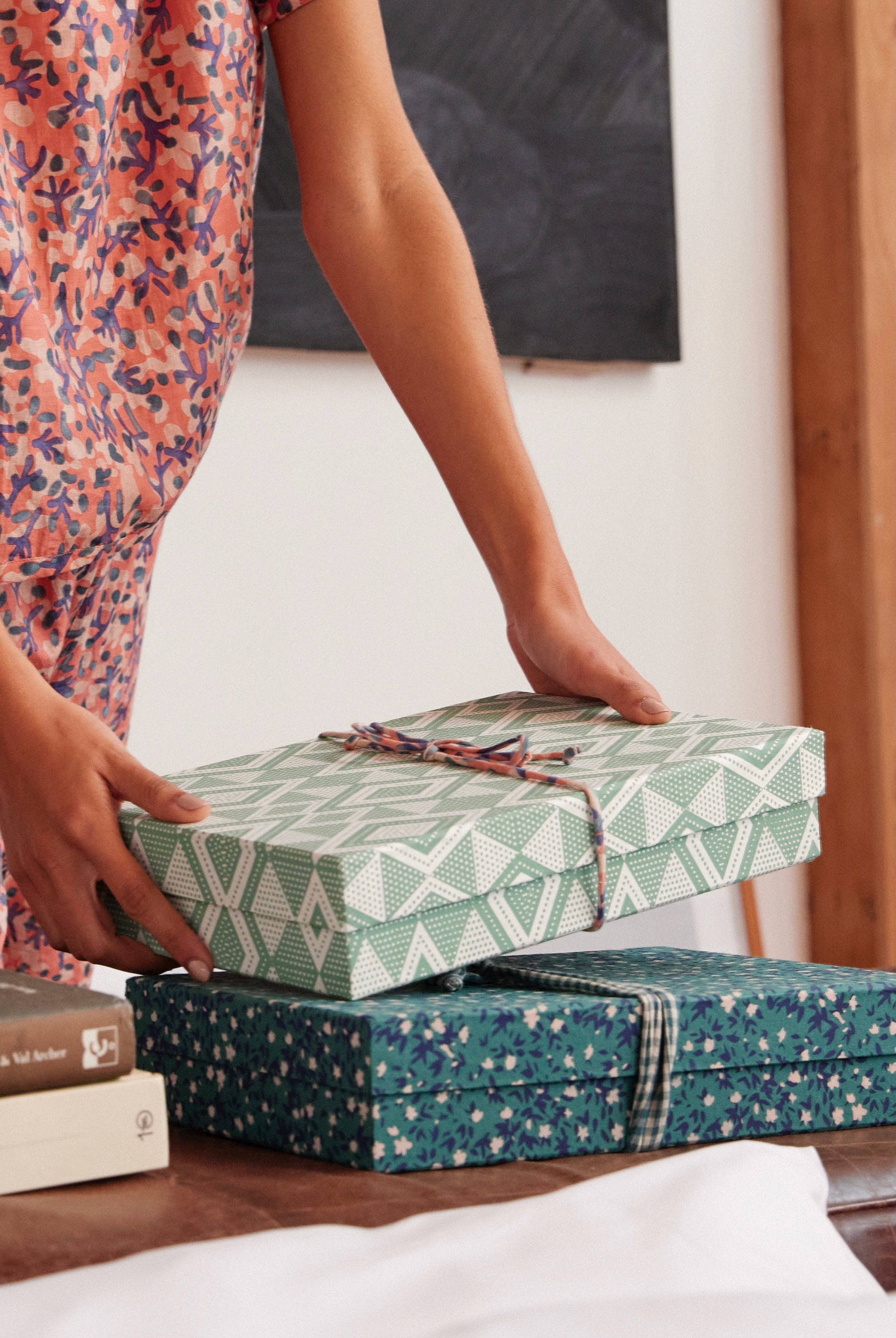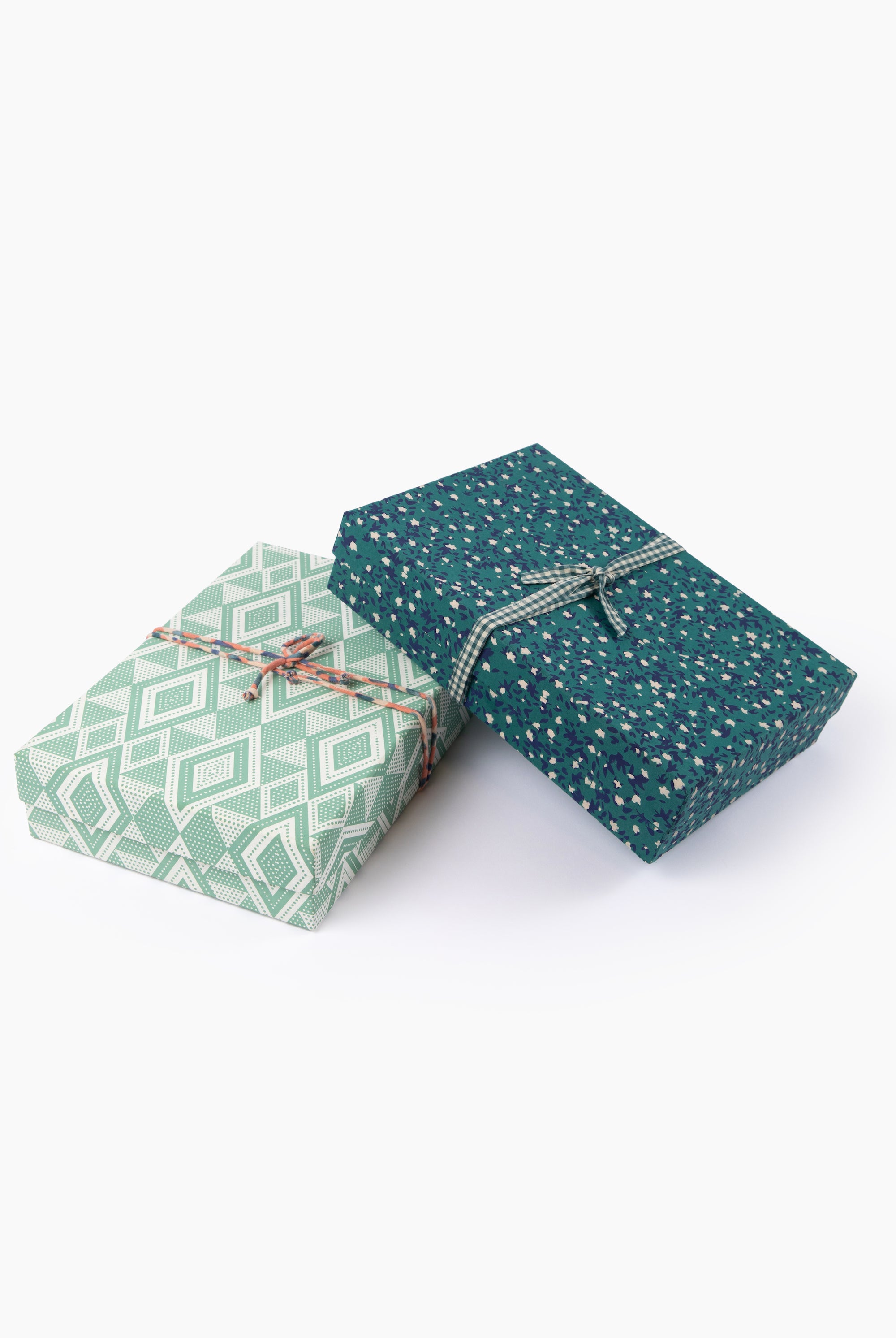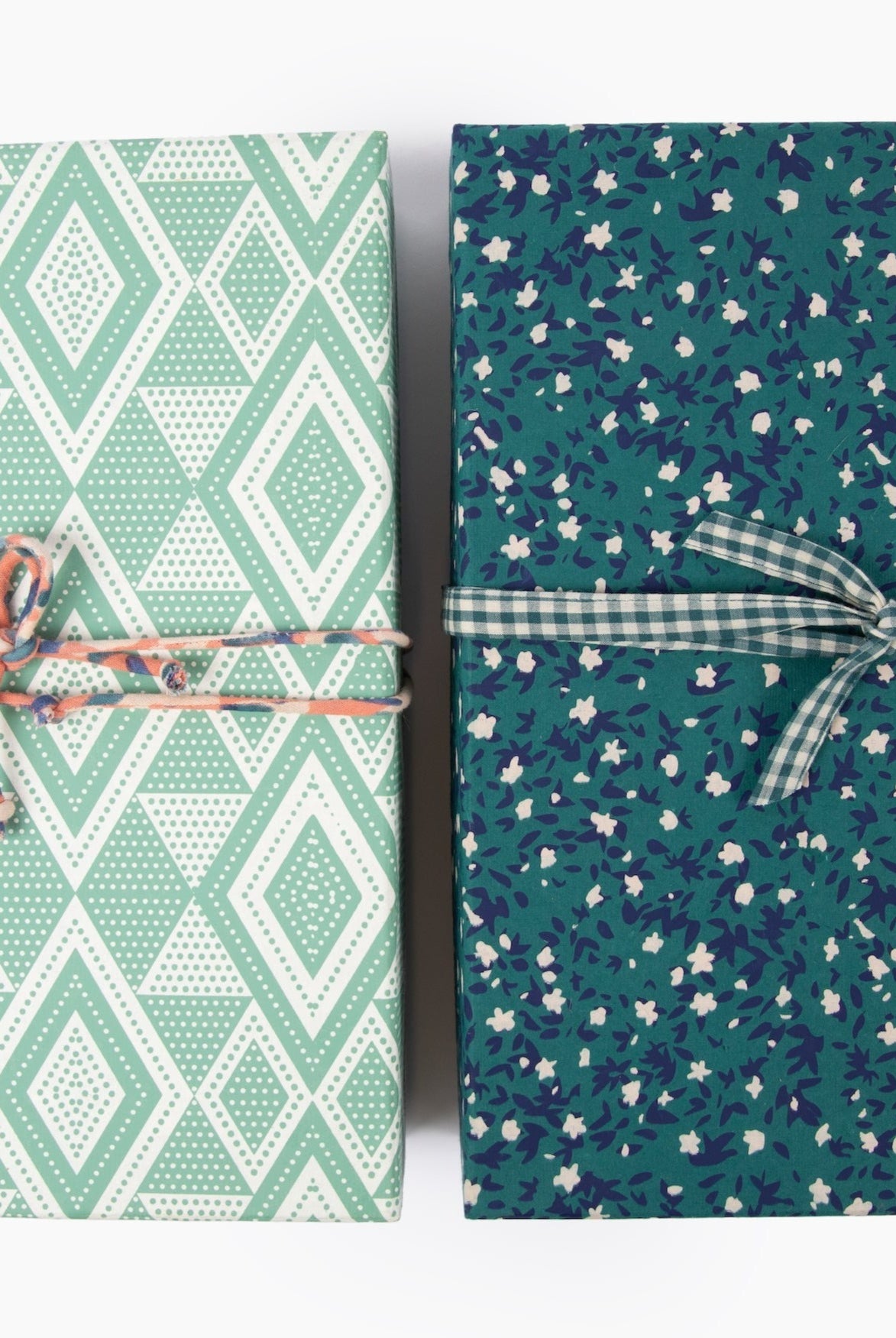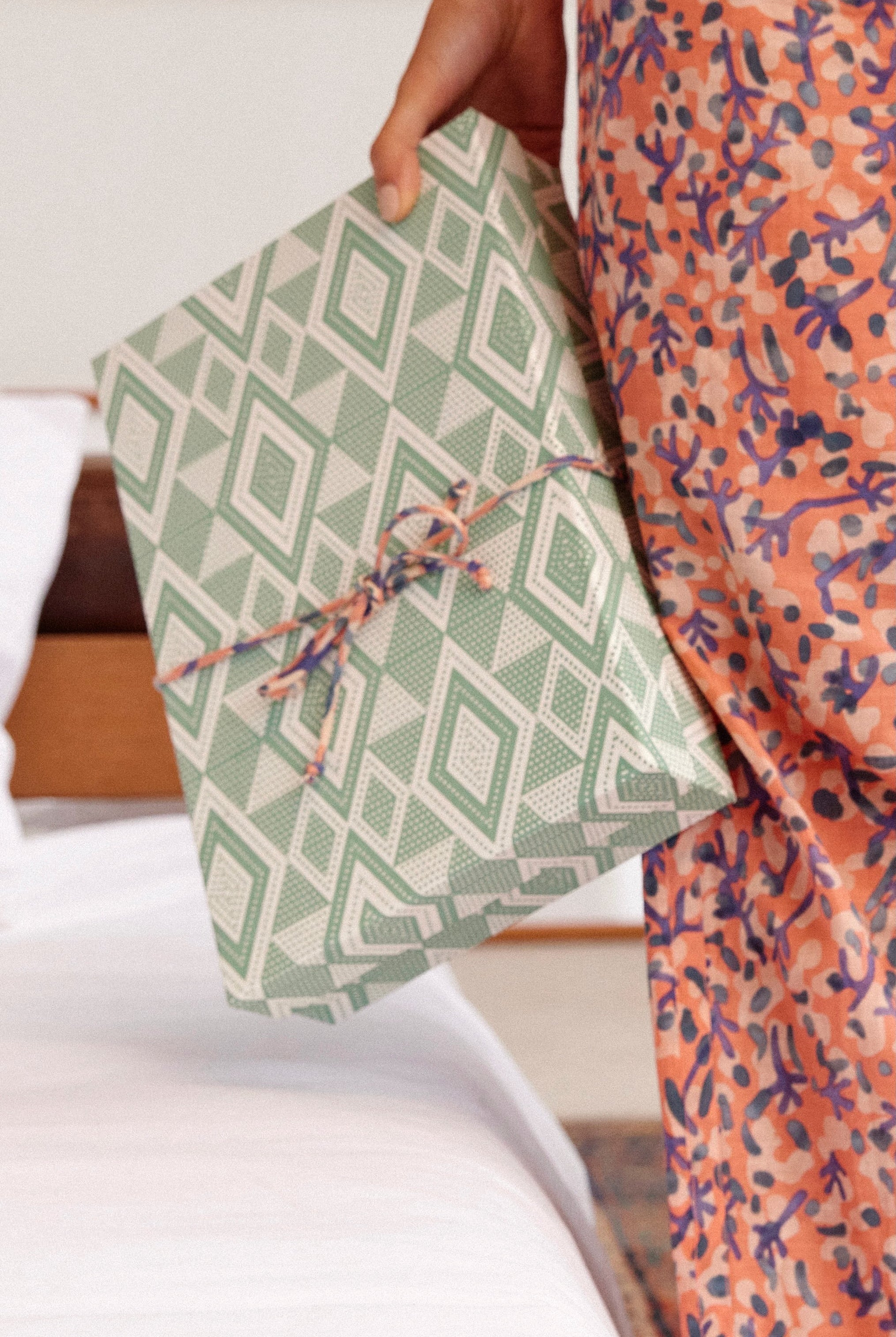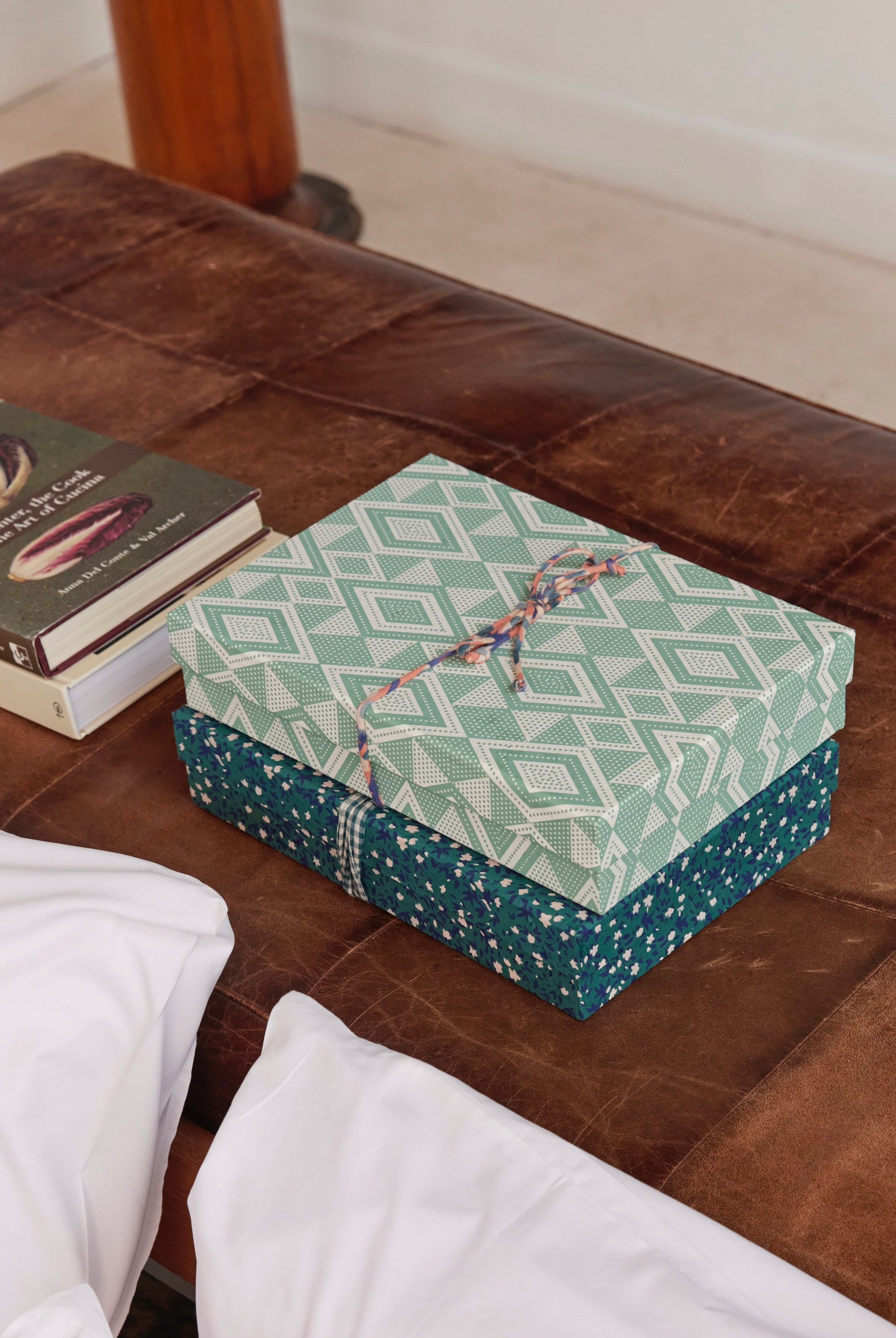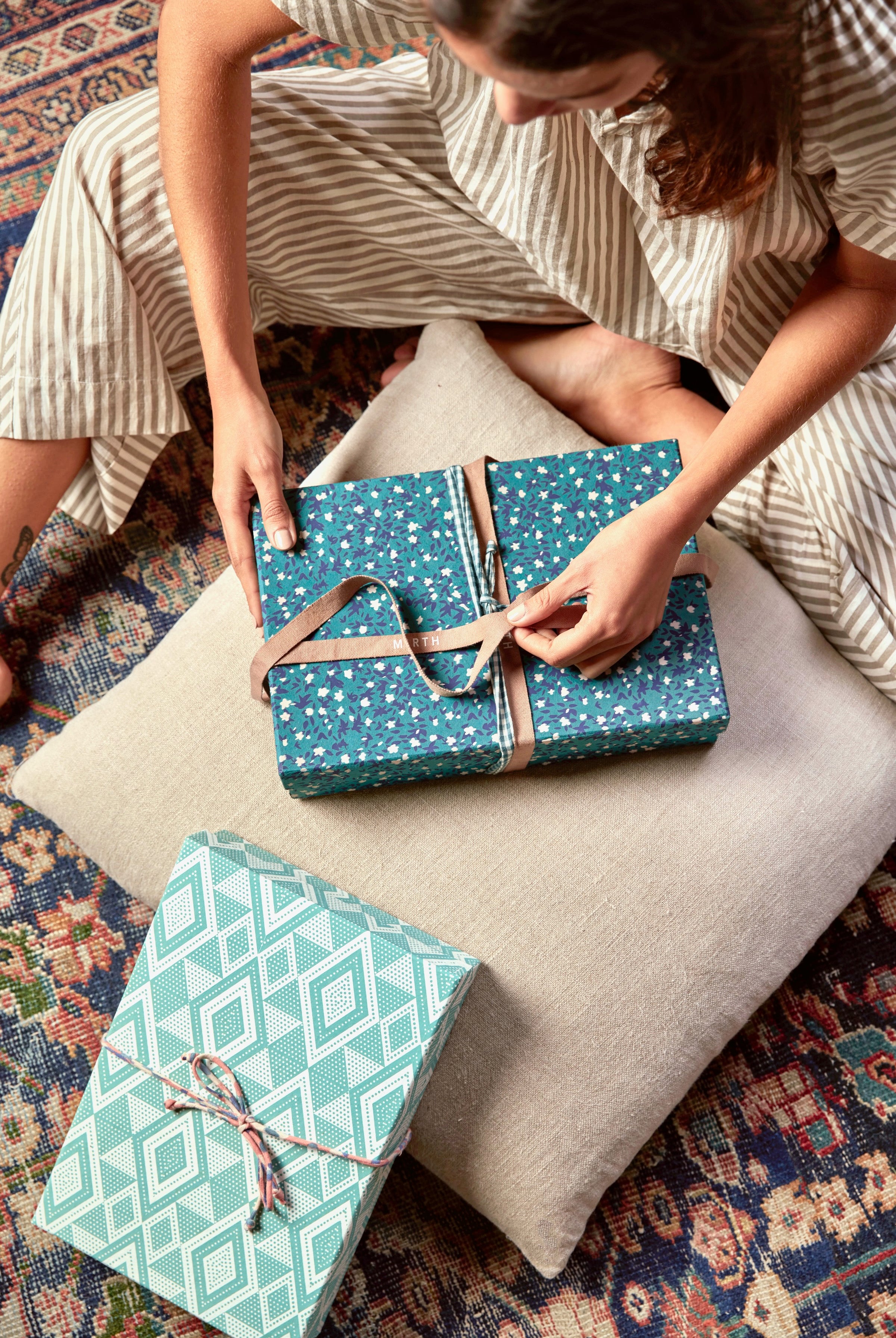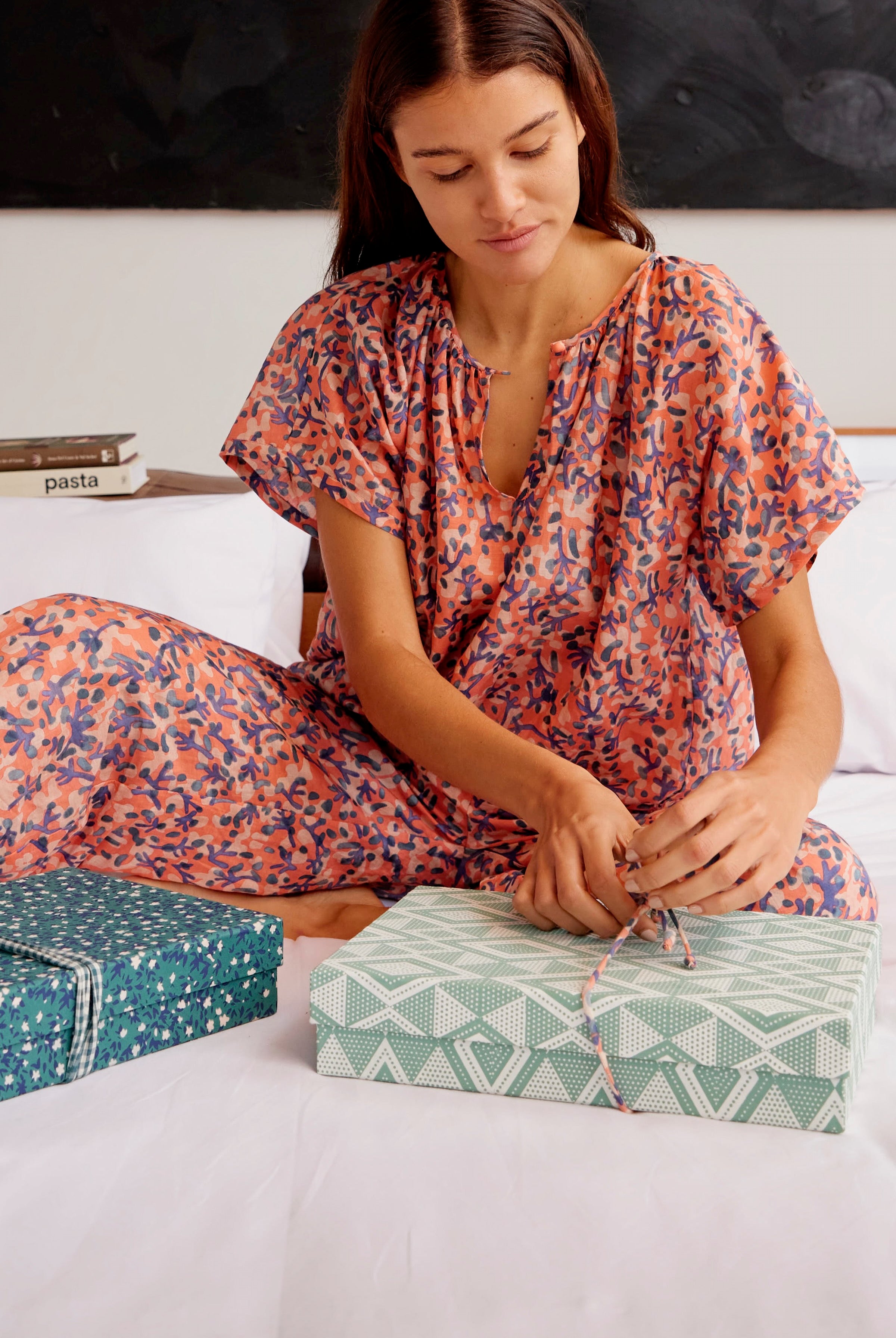Handmade Textiles
The majority of our products are composed of artisan-made fabrics. We partner with craft makers in India and Peru to produce about 90% of our fabric. You may find that colors slightly vary, ink drips sneak in, and slubs and kitties are inevitable. These variations are a stamp of handmade luxury and means your purchase is unique and special. The natural fibers found in your MIRTH only get better with age and we recommend taking extra care of your pieces.
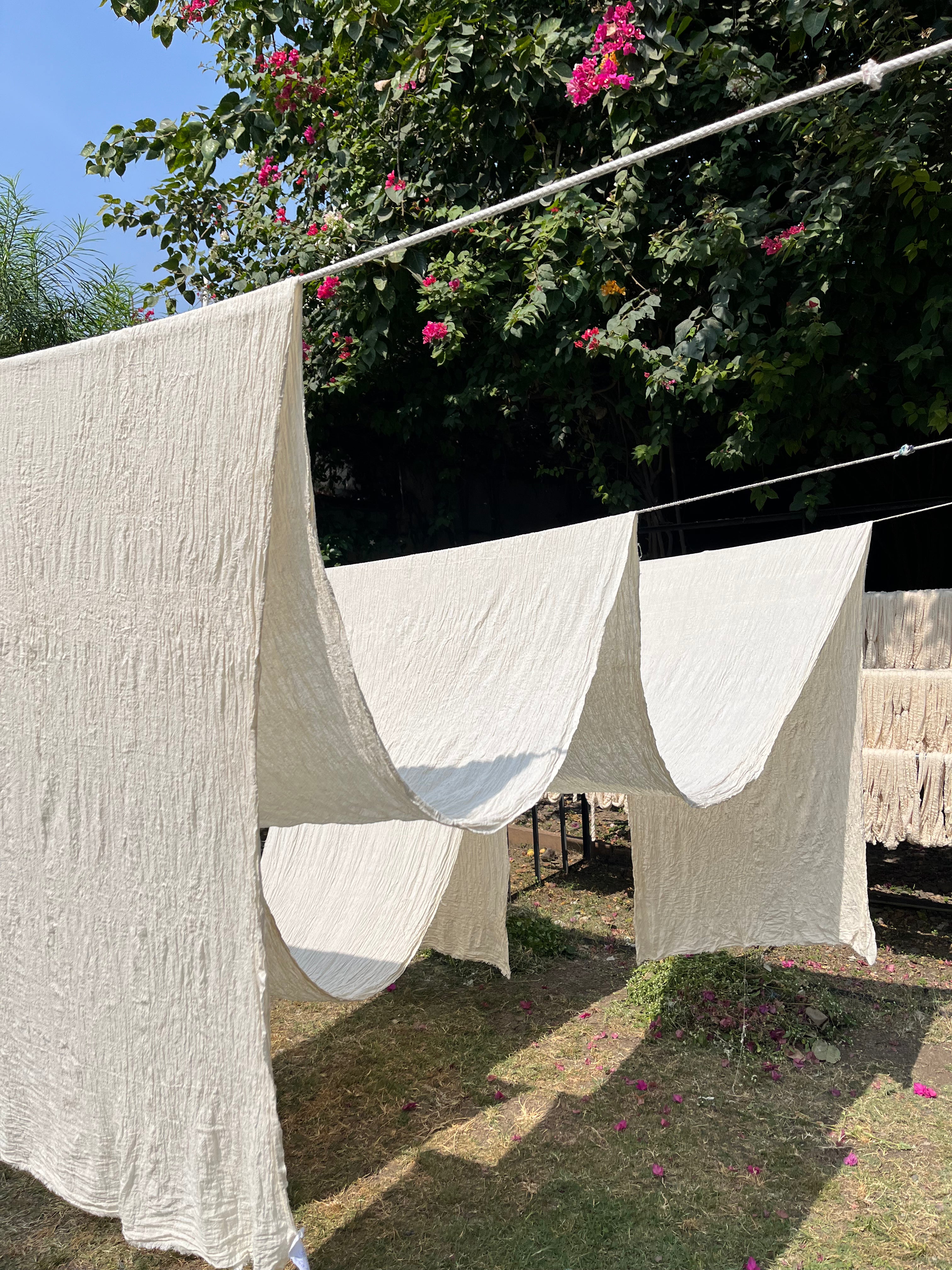
Washing Wovens
To ensure your MIRTH lasts for years to come, please follow the care instructions listed on your garment's label. When in doubt, we recommend hand washing in cold water with pH neutral soap (we like Ecos or Woolite) and air drying.
Some of our fabrics can be washed in the machine on the delicate or hand wash cycle with cold water. When doing this, we recommend flipping your garment inside out and using a mesh bag for garments with more delicate details. We discourage using detergents that include bleach, alcohol, and enzymes. Never use these ingredients on garments made with cotton/silk as they will disintegrate the fabric. Look for soaps that say they are safe for silk or wool.
Dry cleaning is possible for all of our clothing, except indigo-dyed products (& see below for further notes about knits). Alert your cleaner to use the gentlest possible chemicals. Use only petroleum based solvents on blockprinted pieces (call around-- many cleaners offer this!).
For garments printed with indigo, we recommend hand washing alone with a pH neutral soap. Slight bleeding may occur with the first few washes. Please note that sunlight will fade the dye. We believe that fading over time is normal and part of the garment's story.

Washing Knits
Our sweaters are knit in small family workshops in Lima, Peru, using Alpaca wool, Alpaca blends, and Pima cotton. Alpaca is naturally antibacterial and odor-resistant, so consider washing less often. Agitation and heat will break down the fiber over time.
To wash our knits, we recommend soaking your garment in cold water with a small amount of gentle soap. Soak a 2nd time with fresh water if needed. Agitate gently. Rinse and gently squeeze out the excess water without wringing. Roll your garment between towels to dry before air drying flat, away from sun and heat. There will be some shrinkage after the first wash and there will be a natural lanolin smell when wet which is normal in high quality wool. Steaming can help return your garment to its original shape and remove any wrinkles.
Our knits can only be dry cleaned using soft solvents (avoid tetrachlorethylene).
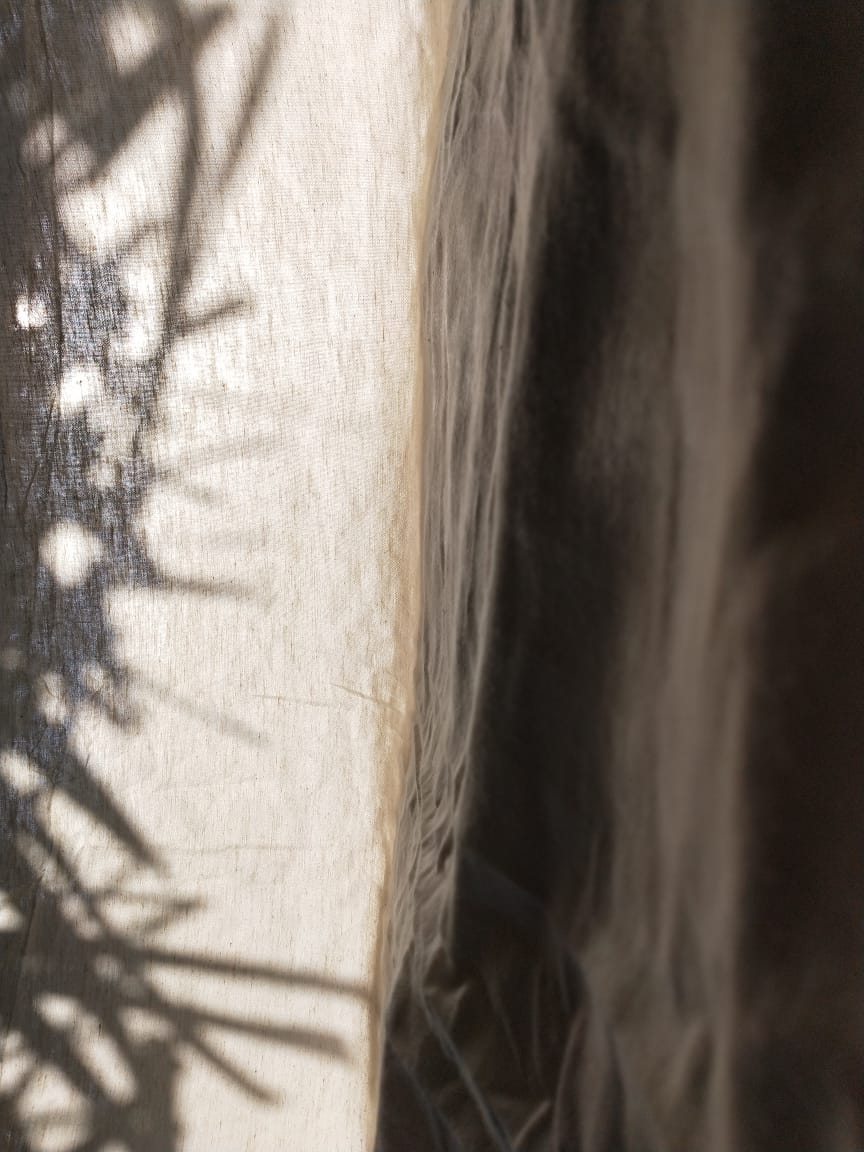
Washing Brushed Fleece
Our naturally dyed brushed fleece pieces should be treated gently, as you would a cashmere sweater. Never subject to heat or put into the dryer, which will alter the color of natural dyes. Only use pH neutral detergent (like Ecos, Branch Basics or Woolite) and wash in cold water on the gentle cycle, ideally in a mesh bag. Color will fade over time.
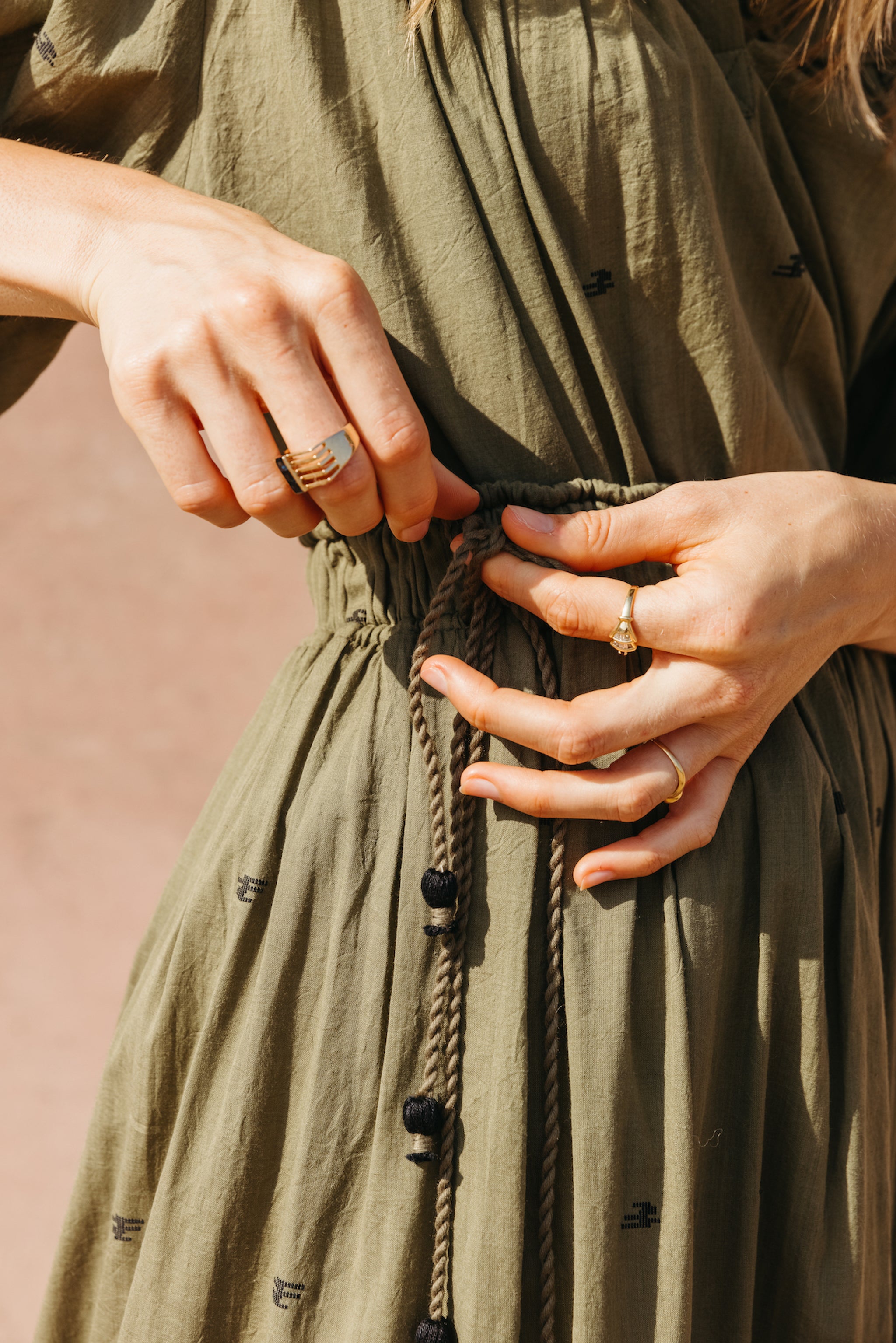
Post Wash
Always follow instructions on the care tag. A steamer or warm iron (never hot) helps with any wrinkles in wovens, but you'll find that most of our fabrics dry beautifully. For cotton silk garments, we've found that wrinkles naturally fall out of our garments while hanging, and often ironing is not needed.
When storing your Alpaca-based knits, we recommend cleaning them first. Avoid storing your garment in plastic which can cause any moisture to felt the fibers, and only store in a breathable container like a pillowcase or cardboard box. A lavender sachet or your moth deterrent of choice is recommended.



